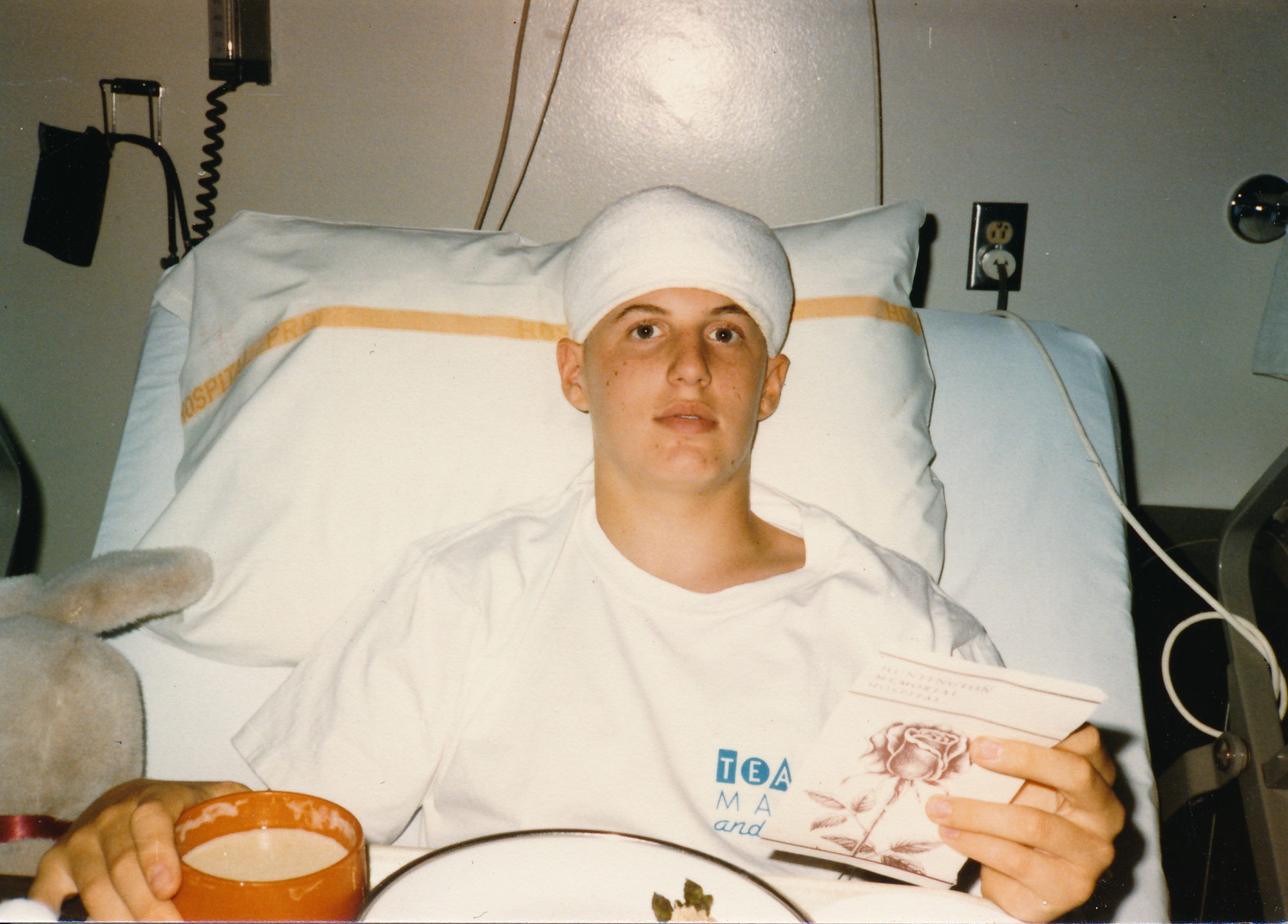It’s 1986. You’re an American teenager and — WTF — you’re on the way to Moscow to ask Mikhail Gorbachev to surrender his nuclear weapons and end the Cold War. Less than a handful of your friends know your audacious plan. Your dad thinks the trip is a total distraction from school. And your mom is worried sick. To top it off, you haven’t heard jack from the State Department, so you’re on your own if you get tossed in the gulag.
Just weeks before, in Reykjavík, Iceland, nuclear arms talks between the United States and Soviet Union collapsed, with each side blaming the other for the impasse. (For the record, Gorby had proposed banning all ballistic missiles, but the US celebrity-turned-president du jour had his heart set on building lasers, particle beam weapons, and missile launch systems in space — an idea as wack back then as sole launch authority is today.)
To make matters worse, you have multiple love interests (you’re a 15-year-old boy for chrissake and your hormones are out of control), people randomly point machine guns at you and, oh yeah, you just found out you have brain cancer. Seeing Comrade Gorbachev to negotiate world peace would be a most excellent thing to do before you check out.
Is this story for real?
Every. Word.
“Warhead: The True Story of One Teen Who Almost Saved the World” is a memoir by cancer survivor Jeff Henigson. And I highly recommend it, not because you can read it in one sitting — it’s a YA (young adult) book, written for ages 12-18 — but because it touches on an important subject that can use all the exposure it can get.
For good measure, PornHub reported a substantial 48% traffic spike right after Hawaiians got the all-clear, as they apparently rushed to celebrate by giving themselves a hand.
It’s one thing for nuclear weapons policy professionals, professionals to-be, and barstool observers to debate disarmament and deterrence all day long, but keeping the conversation amongst ourselves isn’t going to create the public awareness that the subject deserves. The world is closer to a devastating nuclear conflict today than at any time since 1953. But honestly, does anyone know that besides a few thousand wonks? Do people even understand that a nuclear holocaust can ruin their day?
Sure, North Korea, Russia, and Iran make headlines once in a while, but the kind of nuclear weapons stories that actually win the news cycle leave much to be desired.
Take the most recent win for example. On June 28, Trump overshadowed the G20 summit in Japan with a single tweet inviting Kim Jong-un to meet him at the Korean Demilitarized Zone for a handshake. Two days later, he was meeting Kim at the DMZ for a made-for-TMZ photo op.
Aside from another substance-free Kim-Trump meeting — in Singapore in June 2018 (Vietnam in February 2019 was a dud) — the only other recent news cycle winner of nuclear significance was on Jan. 13, 2018, when the Hawaii Emergency Management Agency sent out a text alert warning people that they were about to get nuked. The news alternately scared the bejesus out of everyone in the Aloha State and then royally pissed them off when they learned that the alert was actually a false alarm — all while the event dominated national media coverage. For good measure, PornHub reported a substantial 48% traffic spike right after Hawaiians got the all-clear, as they apparently rushed to celebrate by giving themselves a hand.
The point is that attention-grabbing nuclear news of consequence that resonates with the masses is far and few between. Gone are the days when thoughts of atomic devastation came to mind at the mention of things like nuclear arms races, aggressive nuclear posture reviews, bailing from arms treaties, and tensions between nuclear-armed countries. Not even the words “sole launch authority” move the needle.
That’s why anything and everything that reminds people that there is no graver threat to the world than nuclear war is a good thing.
And why books like “Warhead” are worth reading, recommending, and gifting to your favorite teen. Or buying in bulk for your national security organization. First-time author Henigson’s story is dark, but it’s also funny, romantic, and surprising. As his life swings from incredibly ordinary to absolutely incredible, he grapples with the big questions of mortality, war, love, hope, and miracles. Oh, yeah, and playing a part in locking down the INF Treaty (RIP).
Ray Kwong is an armchair China watcher, deckchair space observer, and barstool foreign policy analyst. He spends the rest of his time on a recliner, upon which he is almost finished with Netflix. Twitter: @raykwong





















